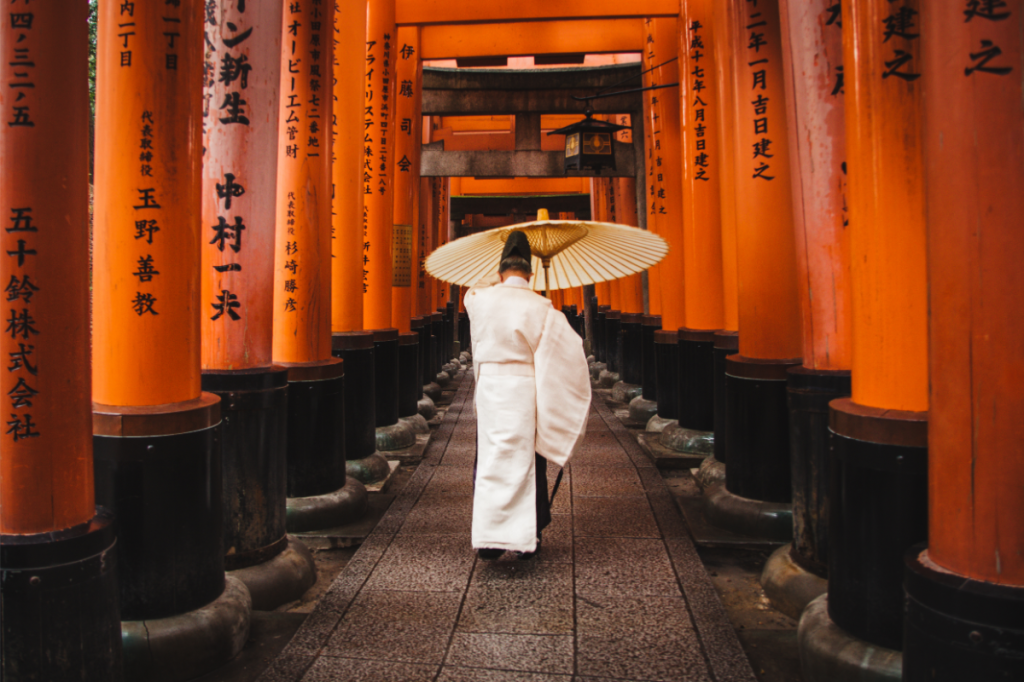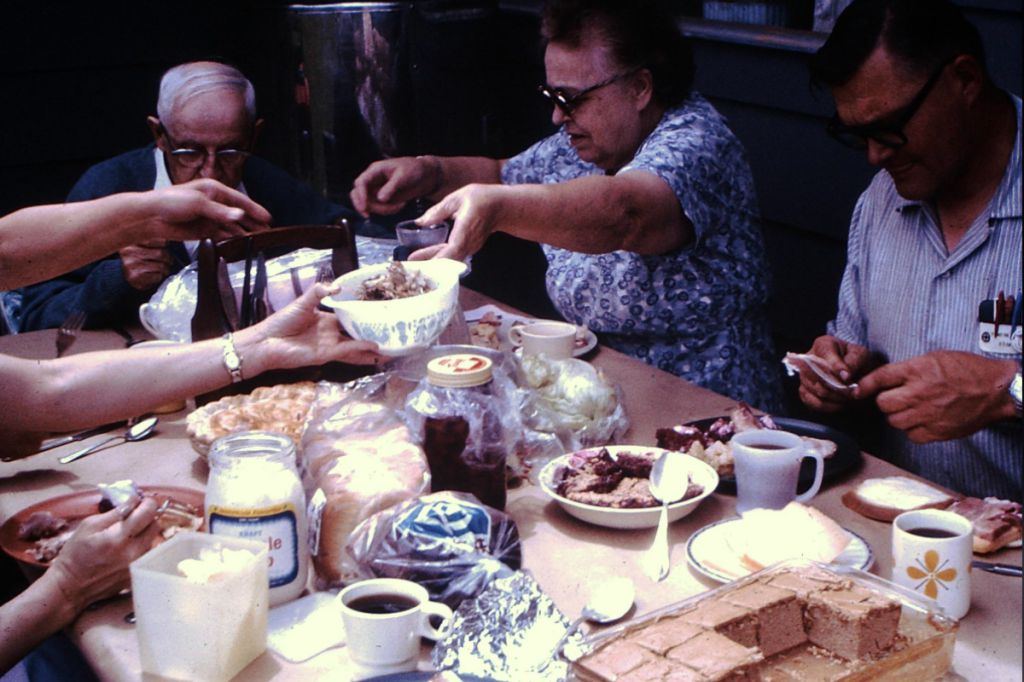The Japanese language and culture are uniquely beautiful. According to the Asia Society, 121 million people can speak Japanese. And the U.S. Foreign Service Institute ranks Japanese as one of the “most difficult” languages for native English speakers due to its complex grammar and unfamiliar sentence structure.
There are also a number of Japanese words that do not have English equivalents. The reason? The Asia Society notes that the Japanese language is considered a “language isolate” that was created in an isolated island geography and not influenced by outside culture or people.
This differs from English, which has evolved and blended across continents and cultures over time, notes Lingo Pie. Therefore, there are many Japanese words that do not have a direct translation to English.
For English speakers, these unfamiliar Japanese words are incredibly delightful. Here are 12 Japanese words that do not have English equivalents:
Tsundoku (積ん読)
Tsundoku is the act of buying books and letting them pile up unread, but still finding joy in owning them.
Natsukashii (懐かしい)
Natsukashii can be compared to the English word “nostalgia,” but it’s not exactly the same. It’s a longing for the past, roughly “similar to the feeling of a never-ending summer day.”
Nekojita (猫舌)
Nekojita is when a food or drink is too hot to eat. Funny enough, it translates to “cat tongue.”
Kuidaore (食い倒れ)
Kuidaore means to bring ruin upon oneself by extravagance in food. This word is often used to describe the food culture in Osaka, Japan.
Ikigai (生きがい)
Ikigai is “a reason for living” or “a life’s purpose,” composed of two parts: “iki” (生き) meaning “life” and “gai” (甲斐) meaning “worth” or “value.”
Wabi-sabi (侘寂)
Wabi-sabi is the concept of finding beauty in imperfections.
Honne (本音)
Honne is an incredibly emotional word that describes one’s true thoughts and deep feelings.
Tatemae (建前)
Tatemae and the word honne are words often paired together in Japanese. While honne is more vulnerable, tatemae describes a more outward presentation of oneself. It indicates more of a facade, and how Japanese people often conduct themselves in public life.
Shinrin-yoku (森林浴)
Nature lovers will appreciate this word. Shinrin-yoku roughly translates to forest bathing. It is “the intentional practice of surrounding oneself in nature and being mindful of each sense—something more conscious and unplugged than staring at a smartphone underneath a tree.”
Junchō (順調)
If things are going well for you in life and are progressing well, things are junchō. For example: “If things are going well in your life, you can celebrate with the phrase banji junchо̄ (万事順調), or ‘everything is going great!’”
Yūgen (幽玄)
Yūgen is “a profound, mysterious sense of the beauty of the universe, as well as the feeling of human beings in the face of this vastness,” and is “an important concept in Japanese art and culture. The kanji characters for Yugen break down to ‘幽’ (yu) meaning ‘subtle’ or ‘profound’ and ‘玄’ (gen) meaning ‘mystery’ or ‘darkness’. Together, they represent a beauty or experience that is felt but is just out of the reach of complete comprehension or expression.”
Komorebi (木漏れ日)
Komorebi is when sunlight filters through trees, creating a beautiful dappled effect caused by shadows.






















